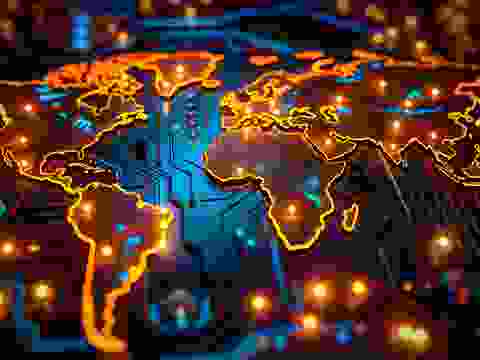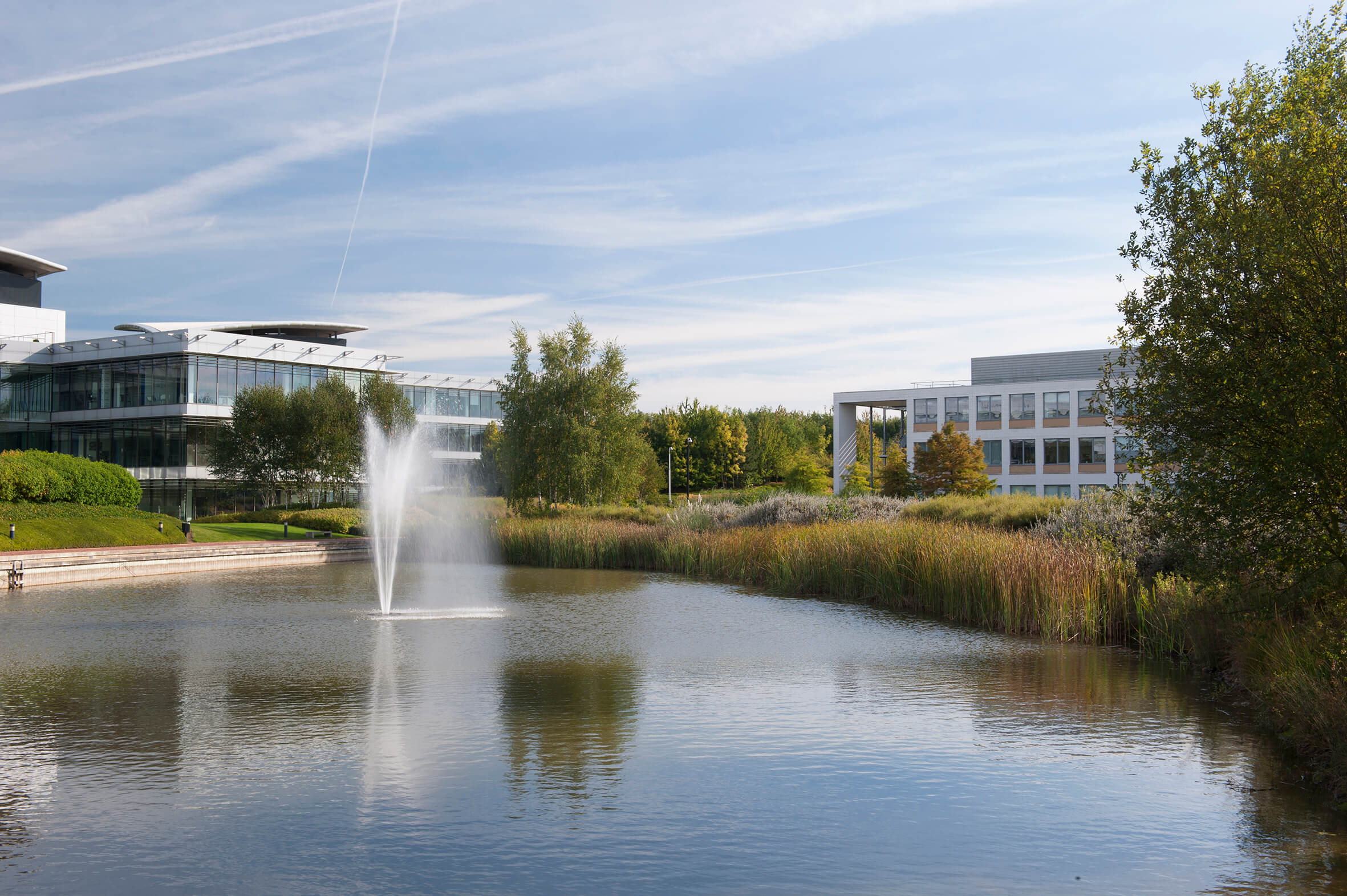Monaco
Critical minerals, policy, and the energy transition
The Energy Transition in Monaco
Monaco, renowned for its opulence and picturesque Mediterranean coastline, is on the cusp of a transformative energy transition. Although small in geographical size, this microstate has made significant strides toward sustainability and renewable energy adoption, driven by a vision to combat climate change and reduce its carbon footprint. The principality's commitment to environmental stewardship is evident in its ambitious plans to achieve carbon neutrality by 2050, underscoring its proactive stance on global environmental issues. At the heart of Monaco's energy transition are innovative policies and strategic initiatives aimed at diversifying energy sources, enhancing energy efficiency, and integrating advanced technologies. The principality has embarked on a series of projects, including developing solar energy infrastructure, promoting electric mobility, and implementing smart grids. Monaco's energy transition is characterised by a collaborative approach, engaging stakeholders from various sectors, including government bodies, private enterprises, and civil society. This multi-faceted strategy ensures that the transition is inclusive and benefits all residents while preserving the principality's unique heritage and natural beauty. Through international partnerships and local innovations, Monaco is setting an example for other nations to follow.
Latest news and insights
Stay ahead in the energy transition with SFA (Oxford)’s cutting-edge insights into how Monaco’s sustainability leadership, ESG finance, and commitment to low-carbon development are driving its influence in Europe’s environmental diplomacy and innovation landscape.
Moldova's international economic, trade, and security alliances
A historical haven of luxury, sovereignty, and innovation
Monaco's unique blend of historical significance, strategic location, and modern luxury makes it a fascinating study of how a small state can wield considerable influence on the world stage.
Monaco, officially known as the Principality of Monaco, is a sovereign city-state and microstate located on the French Riviera in Western Europe. It borders France on three sides and the Mediterranean Sea on the fourth. Despite its small size, covering only about 2.1 square kilometres (0.81 square miles), Monaco is one of the most densely populated countries in the world. Its prime location along the Mediterranean coast has made it a popular tourist destination and a haven for the wealthy, known for its luxurious lifestyle, casinos, and the prestigious Monaco Grand Prix.
The Grimaldi family, who still rule Monaco today, first seized control of the Rock of Monaco in 1297 when Francesco Grimaldi disguised himself as a monk to gain entry to the fortress. The Grimaldi's faced many challenges over the centuries, including attacks from neighbouring powers, but they managed to maintain control over the territory.
During the 17th century, Monaco experienced relative stability and economic growth. In 1861, Monaco signed a treaty with France, which recognised Monaco's sovereignty but also ceded over 90% of its territory to France in exchange for financial compensation and a guarantee of independence.
Monaco became a world-renowned luxury destination in the late 19th and early 20th centuries. The establishment of the Monte Carlo Casino in 1863 marked the beginning of its development as a resort town. Under the rule of Prince Rainier III, Monaco modernised its infrastructure and promoted economic diversification, reducing its reliance on gambling revenue.
Monaco's recorded history began in the 12th century when it became a colony of Genoa. Today, Monaco is known for its stability, high standard of living, and zero-income tax policy. Prince Albert II, the current ruler, has continued efforts to promote environmental sustainability and economic innovation.





Meet the Critical Minerals team
Trusted advice from a dedicated team of experts.

Henk de Hoop
Chief Executive Officer

Beresford Clarke
Managing Director: Technical & Research

Jamie Underwood
Principal Consultant

Ismet Soyocak
ESG & Critical Minerals Lead

Rj Coetzee
Senior Market Analyst: Battery Materials and Technologies

How can we help you?
SFA (Oxford) provides bespoke, independent intelligence on the strategic metal markets, specifically tailored to your needs. To find out more about what we can offer you, please contact us.



